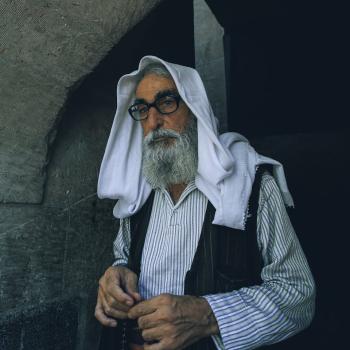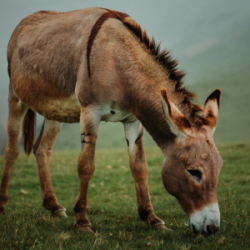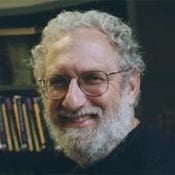It's not that the torture scenes weren't pretty bad. They were: the bruised face, haunted eyes, scarred skin, and gradual deterioration from arrogant jihadist to a helpless, broken body pleading for mercy. But that didn't make me cry, for when such torture is not an instrument of sadism, as the process unfolding in the film clearly was not, it is simply an instrument of war. And war is hell. That's just what it is. This I knew.
The torture victim suffered, greatly. So did the victims of the terrorist attacks portrayed in the film: at the Marriott hotel in Pakistan, on buses in London, at a military base in Afghanistan.
There are of course other suffering groups that the film did not portray. For instance, the victims of the American-led coalition's air strikes against Iraq—estimated by the British medical journal Lancet to be over 60,000 Iraqi civilians who suffered, perhaps died, when "shock and awe" destroyed electric power, transportation, health supplies, and hospitals.
If we are to have a war on terrorism, if Al-Qaida and its ilk are going to have a war on us, if all of us, together, are going to make war, the suffering will go on and on. From torture, from bombs; of soldiers, of civilians; of men, of women, of children; of other species, of the earth.
So it is not the suffering that made me cry, but four simple words spoken by one of the Navy Seal team who took Bin Laden out. With confirmation of the kill, following the only mildly celebratory word "Geronimo," came the soul-chilling phrase:
For God and country.
And that's when, in comfortably appointed stadium style seating in a large urban multiplex, I had to muffle the helpless sobs that shook my body.
For God and country.
For isn't that, more or less, what the jihadists also say? Bin Laden, whatever else one may say of him, believed that he was serving God, and the cause of creating a morally and spiritually purified Islamic state. Doubtless he and his followers—at least the ones not in it for the thrill of violence (of which we surely have plenty on our side as well)—knew that their acts were good and ours evil, that any reasonably moral person could tell who was in the right. Surely the terrorists on both sides know that they are defending the innocent and slaughtering people who deserve to die.
And if in that righteous, even holy, struggle some innocents have to be hurt, if some collateral damage occurs, well, that's unfortunate. But we are sure that it is worth it. Perhaps some of our smart bombs misfire and hit a civilian home, a marriage procession, a school. Perhaps a jihadist bomb hits a London bus on which devout Muslims are traveling. Perhaps this or that torture victim really didn't know anything, wasn't hiding anyone, and just had nothing to say—all that anguish you caused him was for nothing.
That's just the price we pay for war. Don't want to pay that price? Horrified by what you see? Don't moan about innocent deaths, as if we could ever just bomb the guilty. Don't object when the strong overpower the weak—that's what strength is for. Don't complain about torture, as if you might advise a prizefighter to keep hitting, but try not to hurt anyone. If you truly want the horror to stop:
Stop the wars.
And that's why I sobbed in the dark, because right now that's simply not possible. We would rather kill and be killed, taking our chances in unending battle, than find another way to live.
I realize that some people are evil and "must" be stopped. I know the endless critiques of American imperialism, soulless, repressive dictators, lunatic religious fundamentalists who marry carnage and prayer books. And I know there are lots of reasons for the killing: class privilege, exploitation, the joys of patriarchal power, the lust for oil, the fear, fear, fear that our way of life, our homes, our culture are under attack.
And so the question is not "Does this film justify torture?" (It doesn't.) But—"Is there any hope that human beings can stop the madness?" For thousands of years humanity has lived with war and dreamed of peace, died violently and prayed for non-violence, worshiped saints and prophets who preached love and then shed endless blood on battlefields.
Justice, care, compassion, willingness to live with less and to give more to others. Empathy for the suffering we cause to match (at least) rage over our own pain—these might help a little. But to really make an end to our species' attachment to death—who knows?
The only certainty is, for the indefinite future, the continued torment. On the faces of the victims of torture, and of suicide bombs, and of smart bombs, and of justified revolutions and government repression and world empire and resistance to world empire.
What can we do?
As often as we have courage, try to be examples of peace. And weep.
That's about it.
12/2/2022 9:02:29 PM





